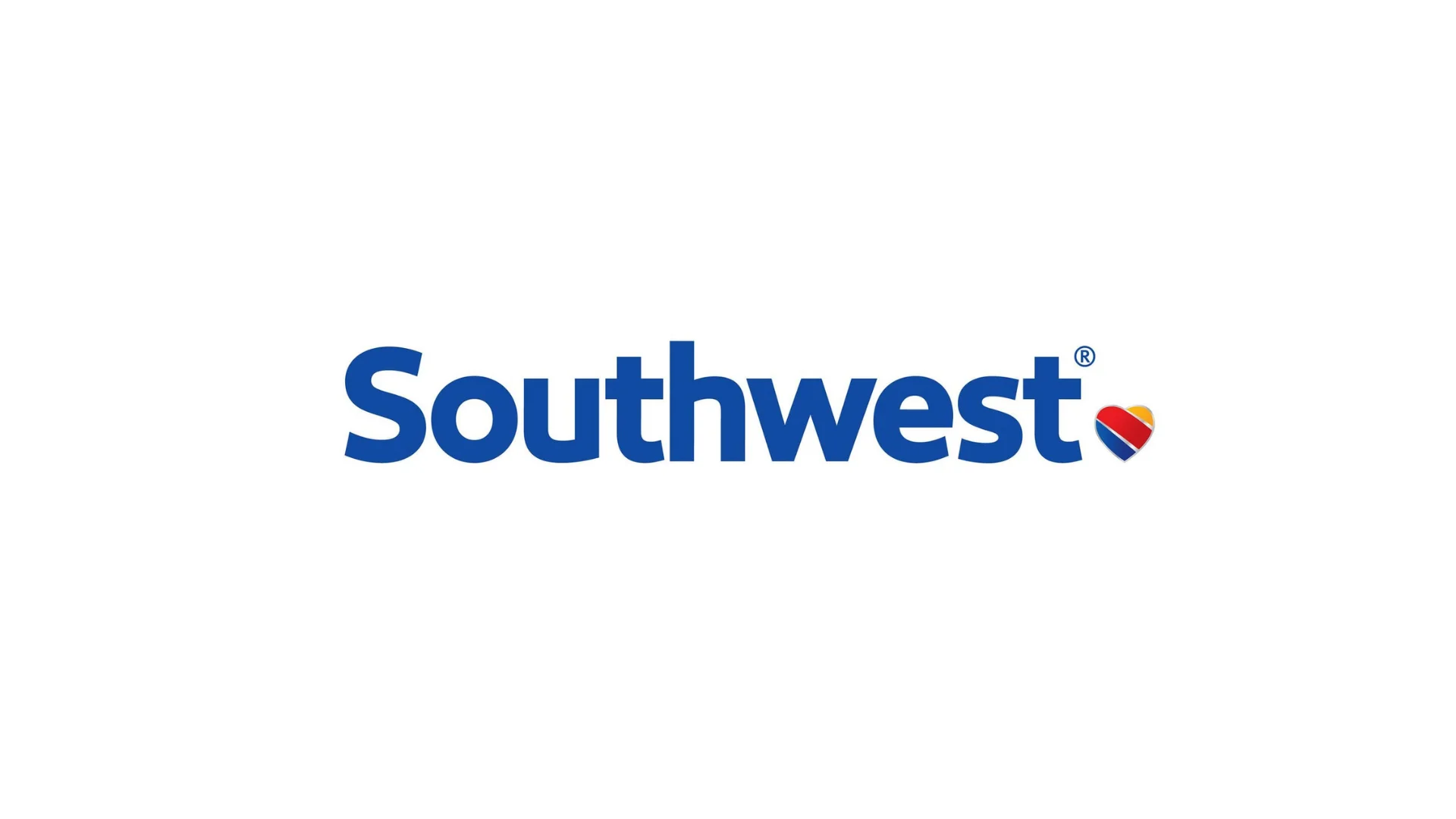In response, Southwest is exploring several strategies to enhance its appeal without addressing its fleet limitations or establishing significant partnerships or codeshares. One major shift is the introduction of assigned seating.
Currently, Southwest offers Early Bird check-in for earlier boarding and better seat selection, generating substantial revenue. However, this system may deter some potential customers who prefer assigned seating over queuing before flights. "I don’t like queueing half an hour before my flight," one passenger noted. "I’d prefer to board at my leisure and have my chosen seat."
Assigned seating could also eliminate issues such as seat saving and abuse of pre-boarding privileges intended for passengers with disabilities. A Twitter user highlighted this problem: "55 'handicapped' during pre-boarding... On his return flight, 15 used wheelchairs to board, only 1 to deboard."
Another significant change involves introducing premium seats with more legroom—a feature that appeals particularly on longer flights where space matters for working or comfort. This move necessitates some form of assigned seating; otherwise early boarders would claim these desirable seats.
However, adding premium seats means reducing space elsewhere in the cabin unless rows are removed entirely—a difficult proposition given Wall Street expectations.
Southwest is also starting redeye flights from February next year on routes such as Las Vegas-Baltimore and Los Angeles-Nashville. This allows new connections but may yield lower revenue compared to daytime flights.
The possibility of implementing a basic economy fare structure remains under discussion. Such a move could involve limiting free checked bags or restricting carry-on allowances—an idea pushed by activist investors advocating leadership changes within the company.
These shifts raise questions about the future value of benefits like the Companion Pass and elite status perks. Currently offering elite status through next year with promises of better boarding positions raises concerns about whether these benefits will remain valuable under new policies.
Southwest aims to address these questions during their earnings call today but full details may not emerge until their Investor Day this fall or closer to next year's planned changes.
As they navigate these adjustments while maintaining their core value proposition—which includes no change fees and free checked bags—Southwest must balance providing attractive products with retaining what distinguishes them in a competitive market landscape.
 Alerts Sign-up
Alerts Sign-up







